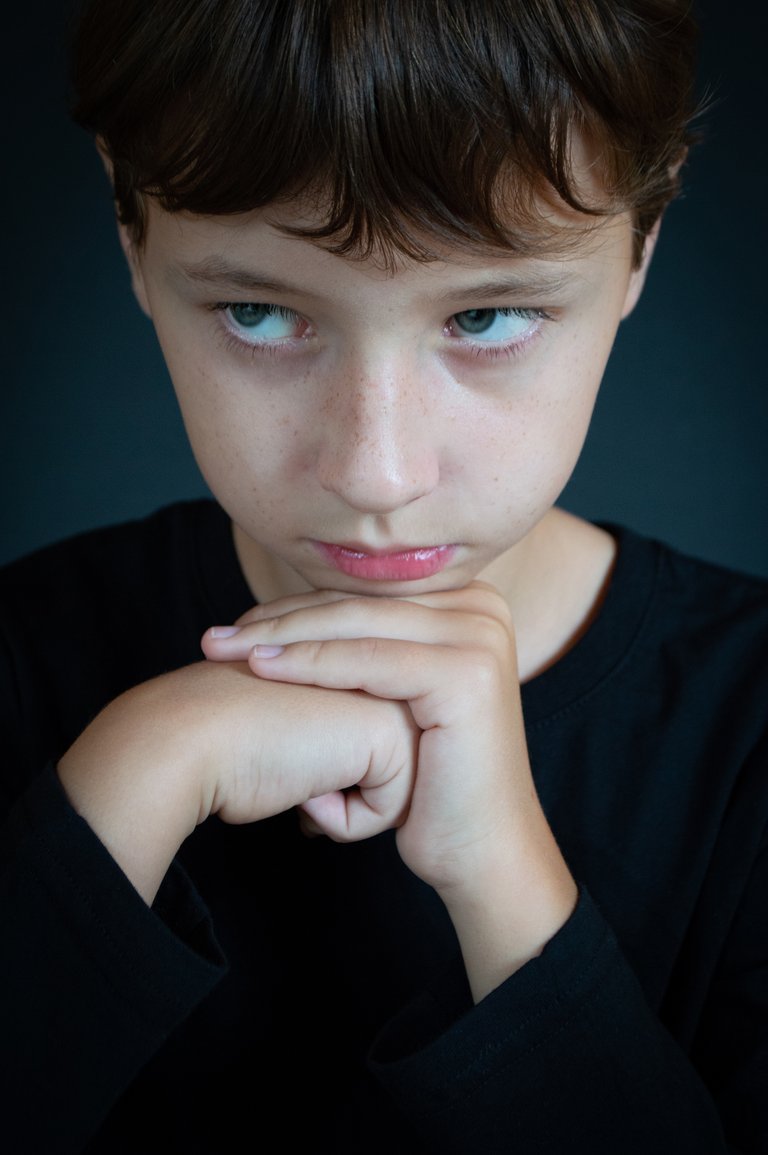Permit me to begin today's writing by telling you a not-so-interesting story about a woman who sells food items close to the place I live in school, judging by normal average standards, she was doing well for herself and increasing the wares in her store consistently, but one thing I noticed is, she is always angry, and always screaming at the top of her voice on her children, I wondered why she was so unhappy when life appeared to be treating her good.

source
She had a problem with her marriage, she was married to a man who always drinks in a stupor, leaves her with the complete responsibility of taking care of the kids, and to make matters worse, he steals from her, this built-in anger and frustration from her husband who has become a nuisance to her have turned her into an unhappy person. This led me to study Anger dysregulation.
A couple of published pieces of literature s have described a hostile personality as a component of anger concerning health risks. Uncontrolled anger dysregulation is what leads to individuals with a subclinical level of depression, creating difficulty with the intensity and frequency of emotions. Oftentimes, symptoms like; sad feelings, fatigue, irritability, absence of emotions, and uncontrolled tears are associated with anger dysregulation.
Couples that are actively involved in consistent conflict usually have a pervasive pattern of relating and reacting to others negatively. A couple with persistent conflict also implies that they have a hard time regulating individual emotions. The presence of emotional dysregulation in a person means they cannot control or regulate emotional responses leading to a change in mood, or emotional liability.
source

Most of the time dysregulation is considered a childhood issue that would resolve itself over time, the moment the child begins to learn strategies and skills that would aid his or her development. However, in some cases, it grows into adulthood, and for some people the frustration that surrounds their lives, marriage makes it even worse.
For the people who have it until adulthood, it often becomes a lifetime struggle, where problems with interpersonal relationships, school, or work are also affected. Bear in mind that, a parent who has emotional dysregulation will also struggle to teach the child the appropriate way to regulate emotions, remember that normally, children are not born with coping skills regulation, so they need parents to instill that discipline into them.
Normally, dysregulation is not a mental disorder and it is not even a sign for one, but some studies suggest that emotional dysregulation in kids could be one of the risk factors for the development of late mental disorders, as some mental disorders are most likely going to involve emotional dysregulation.
For an affected person to be declared as having an anger dysregulation issue, it is a contributing fact of five items;
- The person cannot regulate anger intensity.
- This person in question cannot regulate the frequency of anger.
- Anger has become a major problem in his/her occupational or social life.
- Anger has remained a major cause of problems in the home.
- The affected person does not have an adaptive remediation technique.
So, if you are to assess someone whom you suspect to have anger dysregulation, they would be assessed based on these points and it would help the specialist in charge understand where exactly to begin the offering of a solution.
Parenting a child with emotional dysregulation leaves a lot of responsibility on the shoulder of the parents, but it is a good thing to discover this weakness fast so you will begin to work on helping your child get better. Here are ways to support your child and reduce the possibility of their limitations.
First of all, answer the sincere questions about having a mental disorder or having a struggle with emotional regulation skills yourself. Then, you will have to treat yourself first, it is only then that you can offer support to your child. You know that kids are really smart and most times, they simply act based on what they learn from elders, so you are your child's greatest teacher, and most times they will practice what they see you practice also.
Seeking professional help for your child should be the next line of action. The two major available options for treating dysregulation in either form it presents itself are therapy and medication. Medications are often used in the case of a larger mental disorder, stimulants, and antidepressants are usually offered.
References.
https://www.verywellmind.com/what-is-dysregulation-5073868
https://www.focusonthefamily.com/marriage/dealing-with-anger-in-your-marriage/
https://www.ncbi.nlm.nih.gov/pmc/articles/PMC1413971/
https://www.ncbi.nlm.nih.gov/pmc/articles/PMC1400848/
https://behavioralpsychstudio.com/what-to-do-when-emotion-dysregulation-affects-your-relationship/
Thanks for your contribution to the STEMsocial community. Feel free to join us on discord to get to know the rest of us!
Please consider delegating to the @stemsocial account (85% of the curation rewards are returned).
Thanks for including @stemsocial as a beneficiary, which gives you stronger support.
Great article.
I don't think I have an anger dysfunction but I am dealing with a lot of nonsense people at work, making me frustrated.
I don't think that I am constantly angry or that it is unwarrented when I am. Lol
Hello friend @zakludick, appreciate your time to drop a thoughtful comment, I am not an expert, but if you are constantly around people who get you frustrated, I think you should take a break from them a little bit, so it doesn't get to affect your mental health.
Indeed. I need to work my way out of this place.